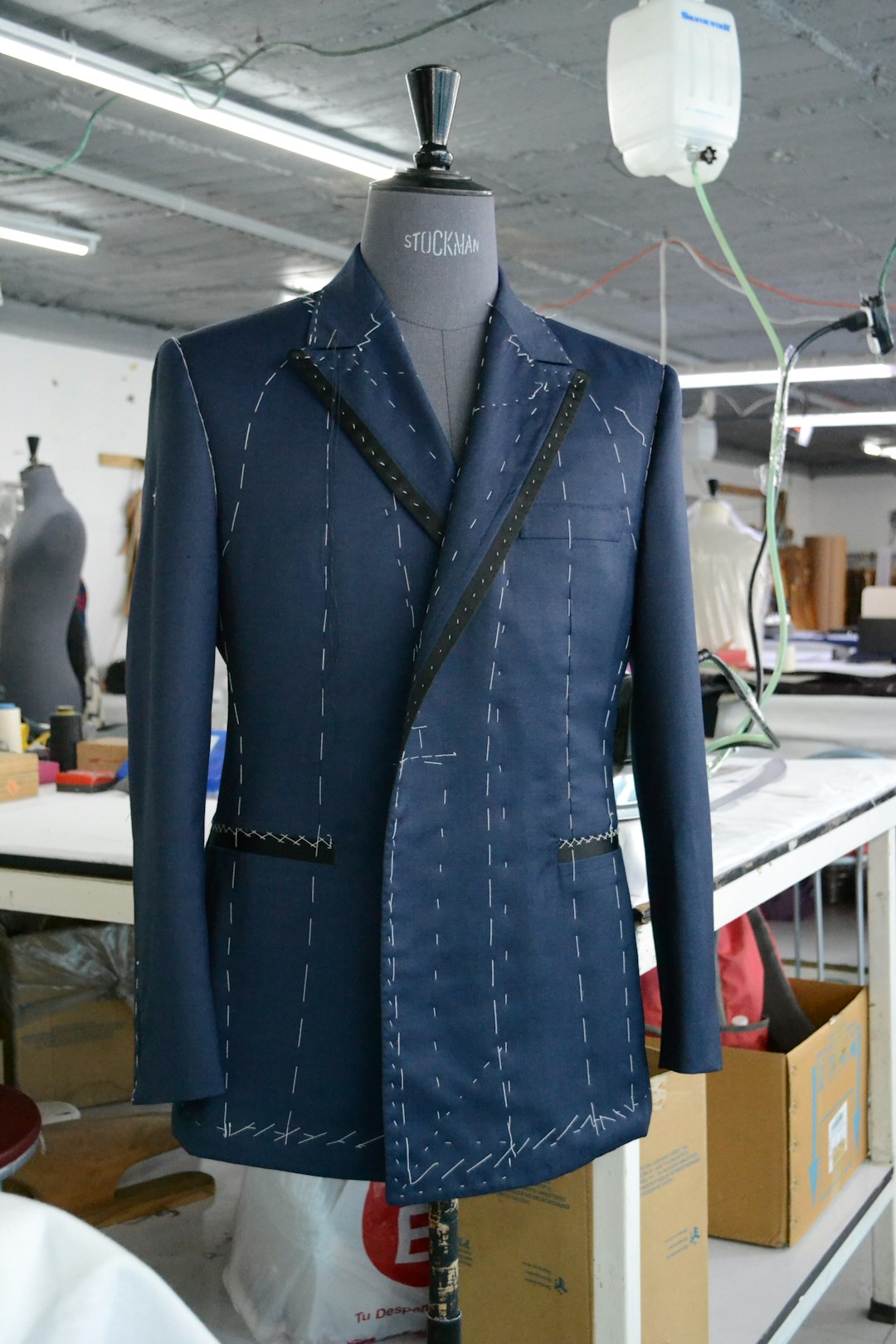DALL·E, OpenAI’s popular text-to-image model, has captured the imagination of artists, content creators, and developers alike. With the ability to create stunning visuals from simple text prompts, one of its most appreciated features is generating variations of existing images. However, in recent months, many users began noticing an unexpected issue—DALL·E refused to generate variations altogether. This strange behavior puzzled many, until a surprising solution involving refreshing the session token came to light.
TL;DR
DALL·E users noticed that the model had stopped generating image variations, a heavily used feature for refining and exploring visual ideas. After investigation and community feedback, it was discovered that the issue was related to expired or stale session tokens. Refreshing the session token restored functionality, bringing variation features back online. This incident highlighted the hidden reliance on backend session management in cloud-based AI tools.
The Mysterious Case of Missing Variations
For months after the initial rollout of DALL·E 2 and later iterations, users regularly relied on the “Generate Variations” feature. This allowed for nuanced exploration of visual styles and alternate takes without needing to rewrite prompts from scratch. The usefulness of this feature made its sudden disappearance all the more frustrating.
Users across forums like Reddit, Github, and even OpenAI’s community began to report a shared experience: when attempting to generate a variation of an image, they were met with a simple failure. In some cases, the button was greyed out; in others, clicking it returned a vague error message. No official statement from OpenAI initially clarified the cause, leaving the community to speculate—was it a technical bug, a policy change, or something else entirely?

User-Led Investigations Begin
As is often the case with community-driven software ecosystems, users took matters into their own hands. A number of developers and power users began examining network logs, browser developer tools, and account behaviors to reverse-engineer what was happening.
One early conclusion pointed toward authentication anomalies. The variation API requests were returning forbidden or unauthorized error codes, suggesting that the backend no longer recognized the client session as valid. Initially dismissed as coincidence, the theory gained traction as similar patterns emerged across different accounts and browsers.
Crucially, these findings highlighted no fault in user input or prompt construction. Everything pointed to something deeper: a structural dependency on valid session tokens.
The Discovery: How a Simple Token Refresh Brought Back Variations
The breakthrough came when a few users decided to forcefully refresh their session by either:
- Logging out and back into the OpenAI platform
- Clearing browser cookies and cache for the openai.com domain
- Creating a new session through incognito mode or a different browser
In each case, the result was immediate—the “Generate Variations” feature returned. Offline and inactive accounts gave way to a fresh session token, authenticated properly on OpenAI’s backend servers. With a valid token, requests to generate variations were once again accepted by the model’s interface.
This led to an important realization. The problem didn’t lie in the model itself but in the authorization infrastructure that governs access to specific features. DALL·E’s variation ability was quietly gated behind session validity, and a token timeout—intentional or accidental—could render it non-operational.
Why OpenAI Likely Gated It Behind Sessions
From a product and security standpoint, attaching certain features to active sessions makes sense. Features like generating variations may consume premium compute resources or tap into user-generated image storage, which calls for strong identity verification. Ensuring these actions are gated behind authenticated sessions helps OpenAI prevent unauthorized access and control abuse.
Yet, what caused user frustration was not this policy itself—it was the lack of transparency. With no clear messaging, error explanations, or even a tooltip to guide users, many were left confused, assuming the feature had been removed or deprecated.
This gap in communication illustrated a common issue with modern SaaS-style AI tools: silent backend dependencies that result in broken features without context provided to the end user.

Community Response and Aftermath
Following the discovery, various online guides and workaround posts emerged, helping thousands of users regain access to the much-needed variations feature. Some even created browser extensions and scripts that auto-refresh session tokens, mitigating future issues. Eventually, OpenAI support acknowledged the glitch and hinted that a fix was underway to provide better token management or notifications upon token expiry.
Since then, the issue has become a case study in how dependent cutting-edge AI tools are on robust web infrastructure. More importantly, it showed how communities can work together to reverse-engineer and restore lost functionality through sheer perseverance and collaboration.
Lessons Learned: The Importance of Session Integrity
The DALL·E variation issue teaches a broader lesson: in online AI platforms, session tokens are far more than a ticket to access the site—they can control what features are available to users, even silently.
To prevent similar issues, developers and users alike should consider the following best practices:
- Regularly log out and log back in to reset stale sessions
- Monitor browser tools for failed API requests and authentication warnings
- Read official changelogs and developer blogs for undocumented behavior changes
- Participate in community discussions to surface and solve shared problems
As AI tools grow more powerful and cloud-integrated, maintaining clear paths of communication around backend dependencies will be crucial—not just for features like image variations, but for overall trust in the platform.
Frequently Asked Questions (FAQ)
-
Q: Why wasn’t DALL·E generating image variations?
A: The variation feature stopped working because users had expired or invalid session tokens. These tokens authenticate and authorize feature access on the OpenAI servers. -
Q: How can I fix the issue and restore variation generation?
A: The easiest fix is to log out of your OpenAI account and log back in. Alternatively, clearing cookies or using incognito mode activates a new session. -
Q: Is this a bug or a feature limitation?
A: It appears to be an unintended side effect of session token expiration. OpenAI did not remove the feature; it just fails silently when the session isn’t valid. -
Q: Will OpenAI permanently fix the issue?
A: OpenAI has acknowledged the feedback and is likely to add better notifications or automatic session refresh features in future updates. -
Q: Can similar issues happen with other features?
A: Yes. Many features of cloud-based AI tools are tied to session validity. It’s good practice to refresh sessions regularly to avoid unexpected issues.







